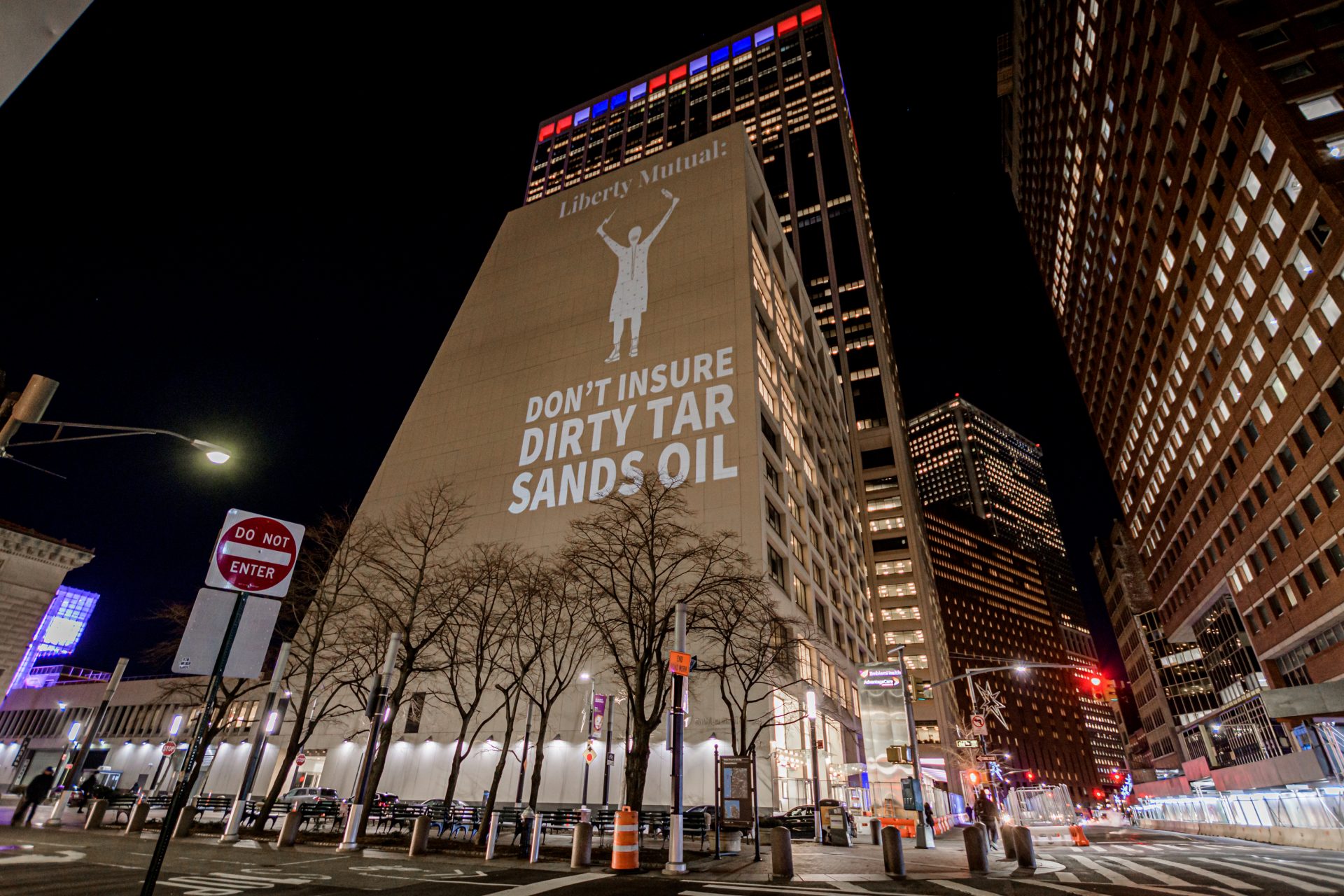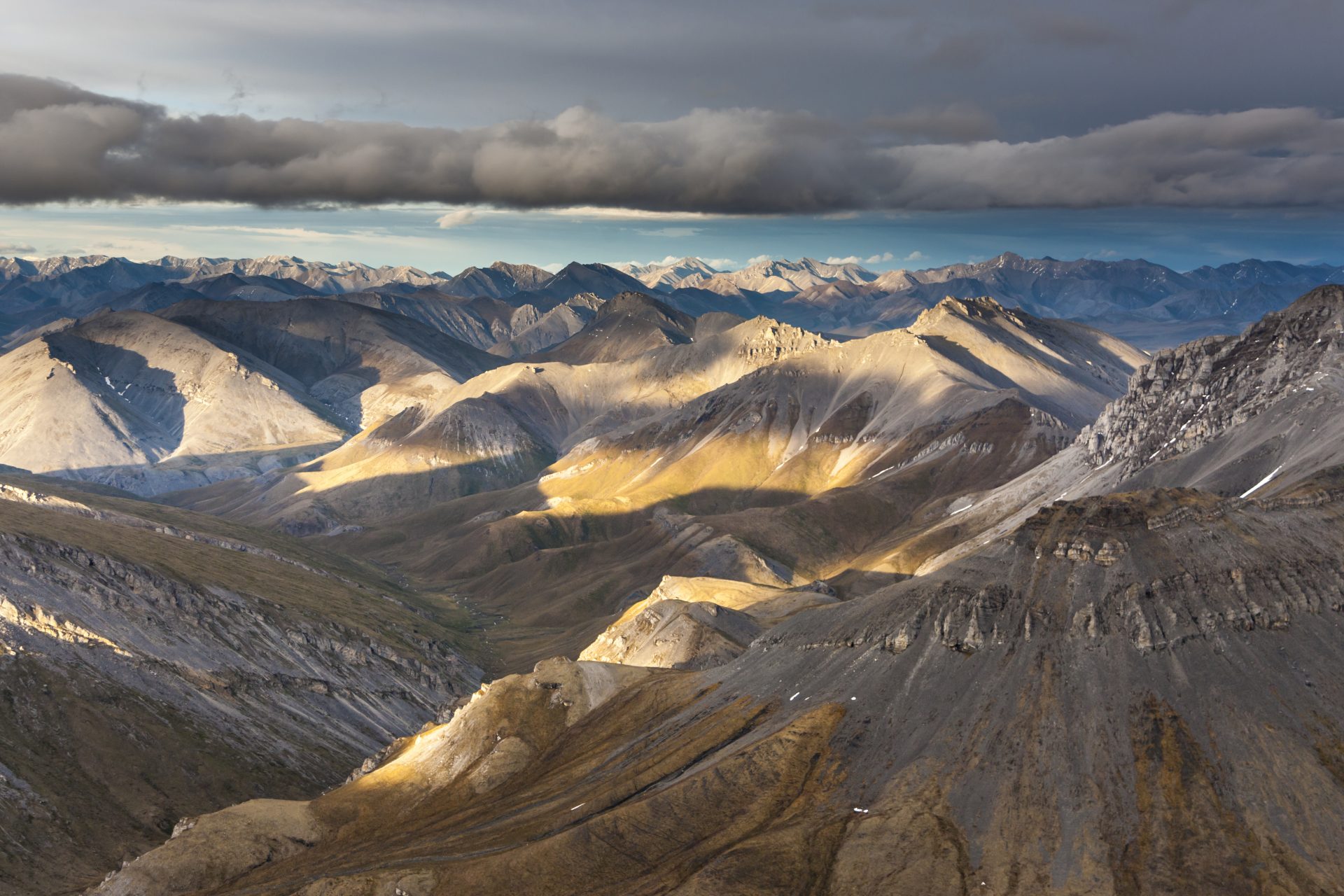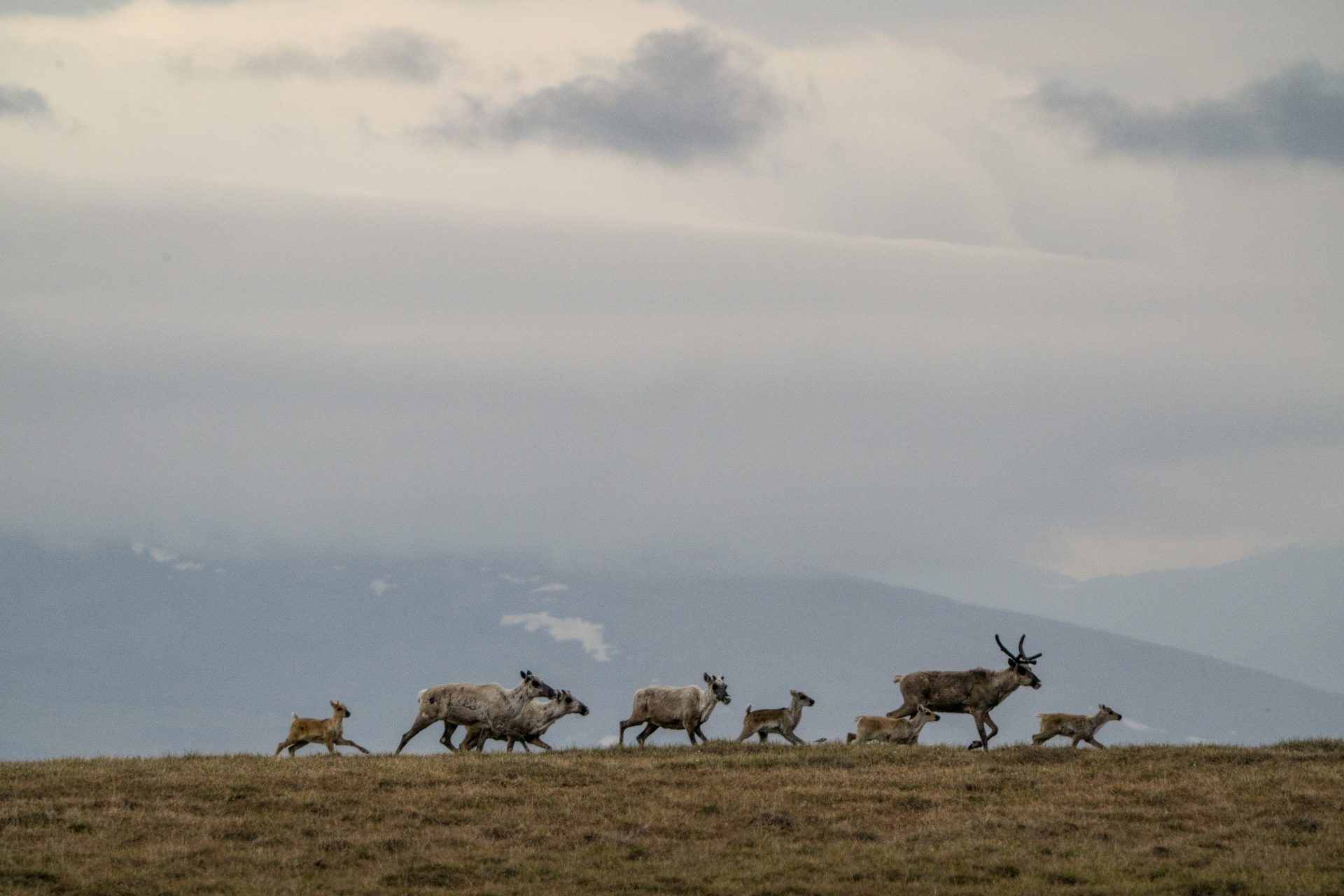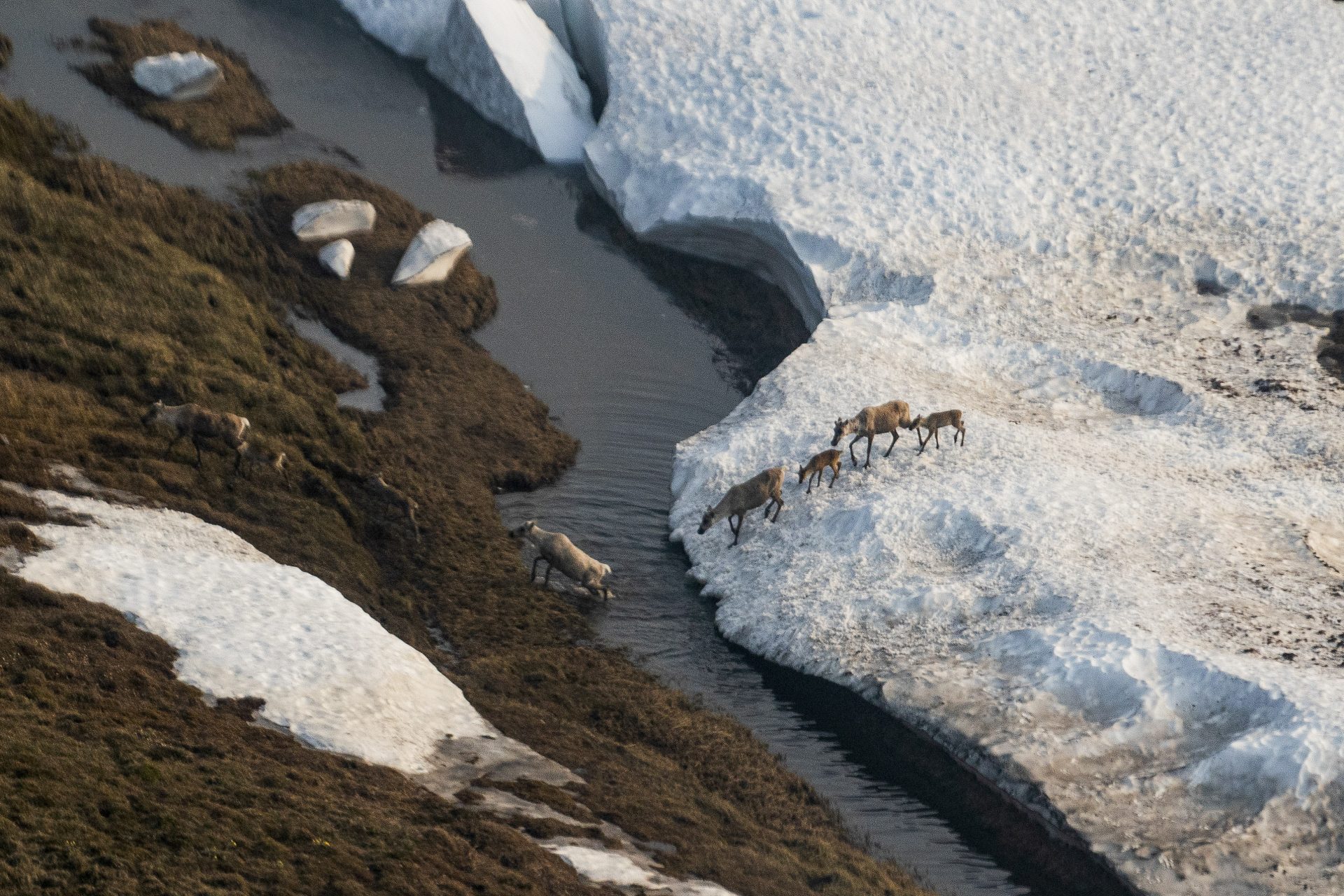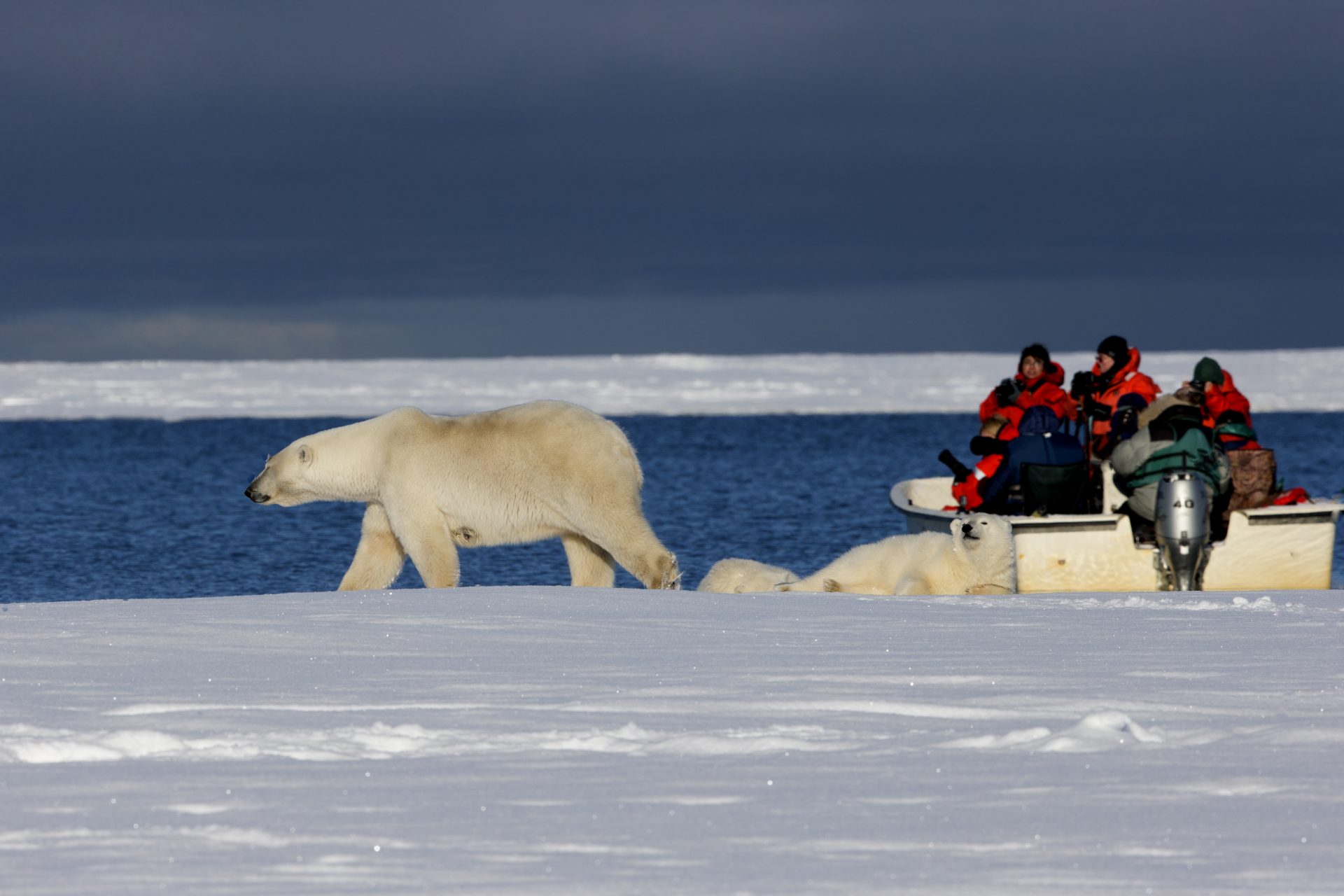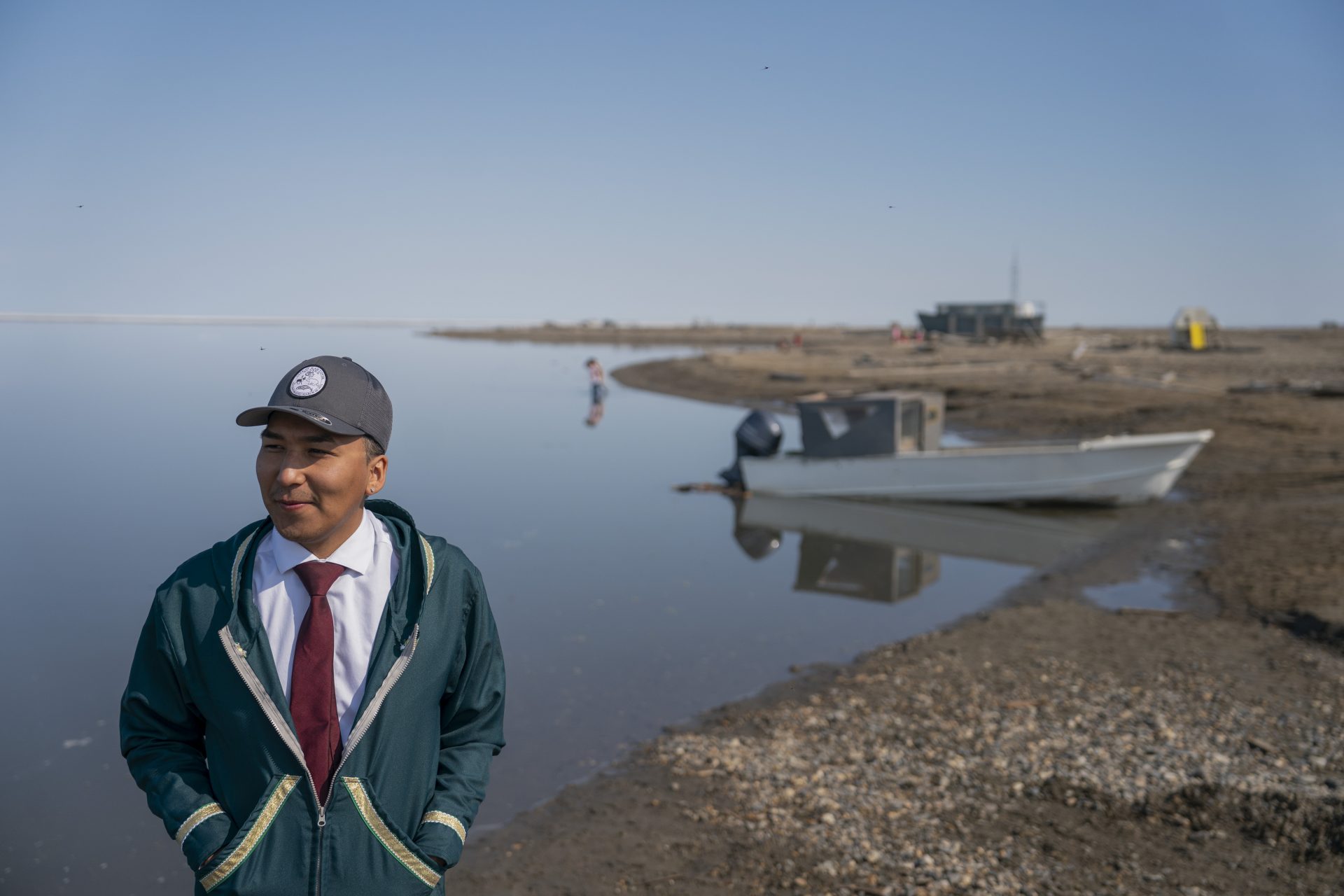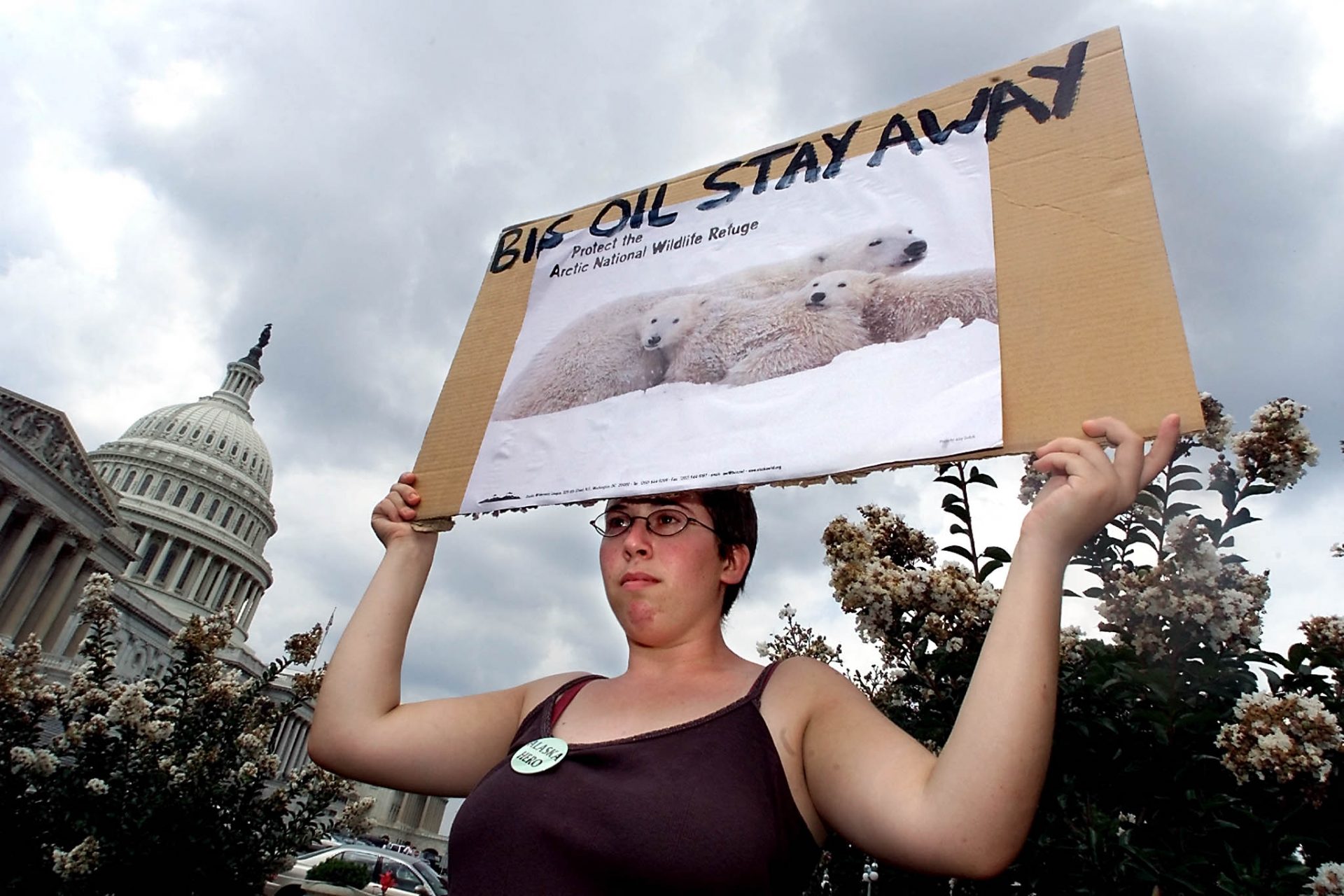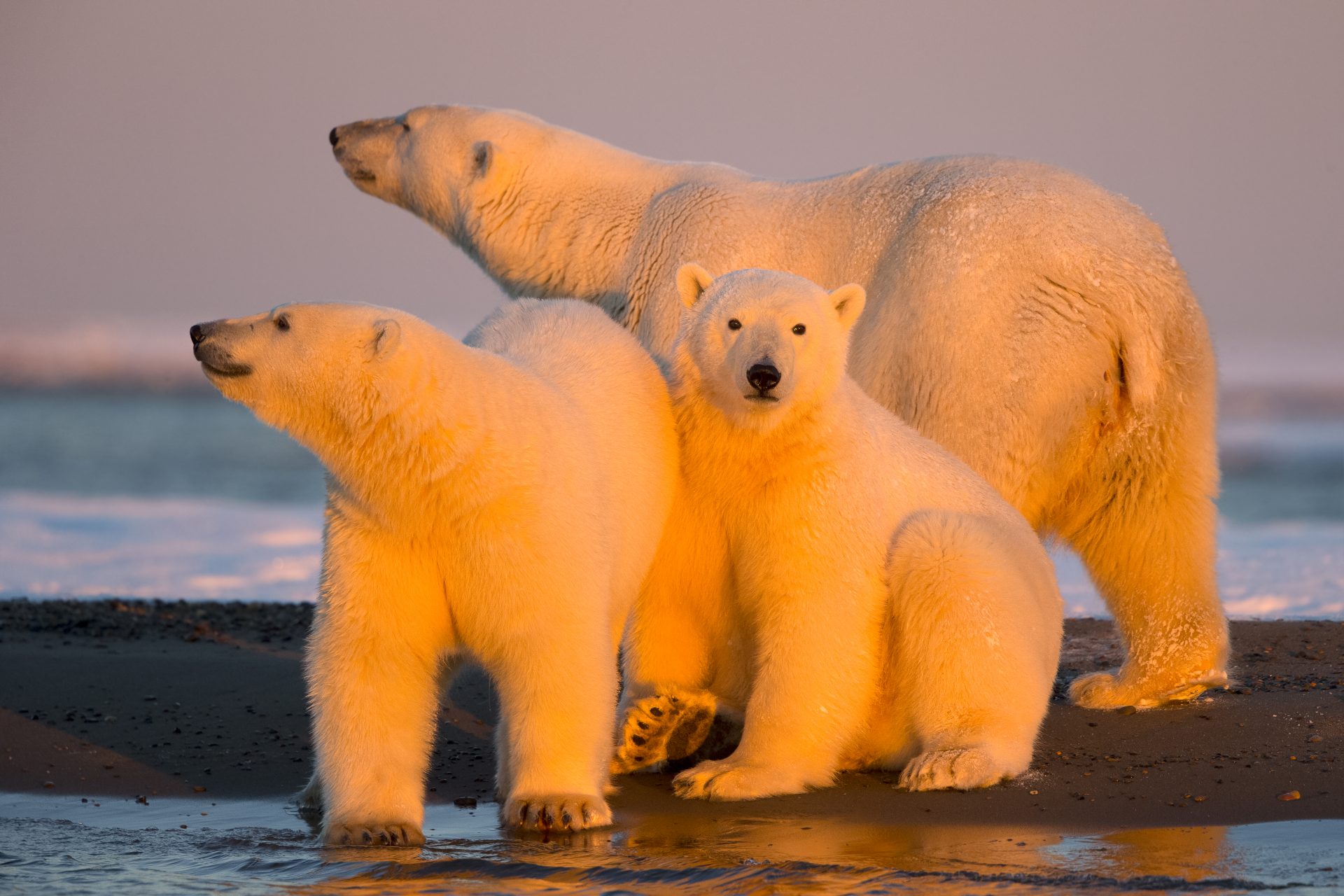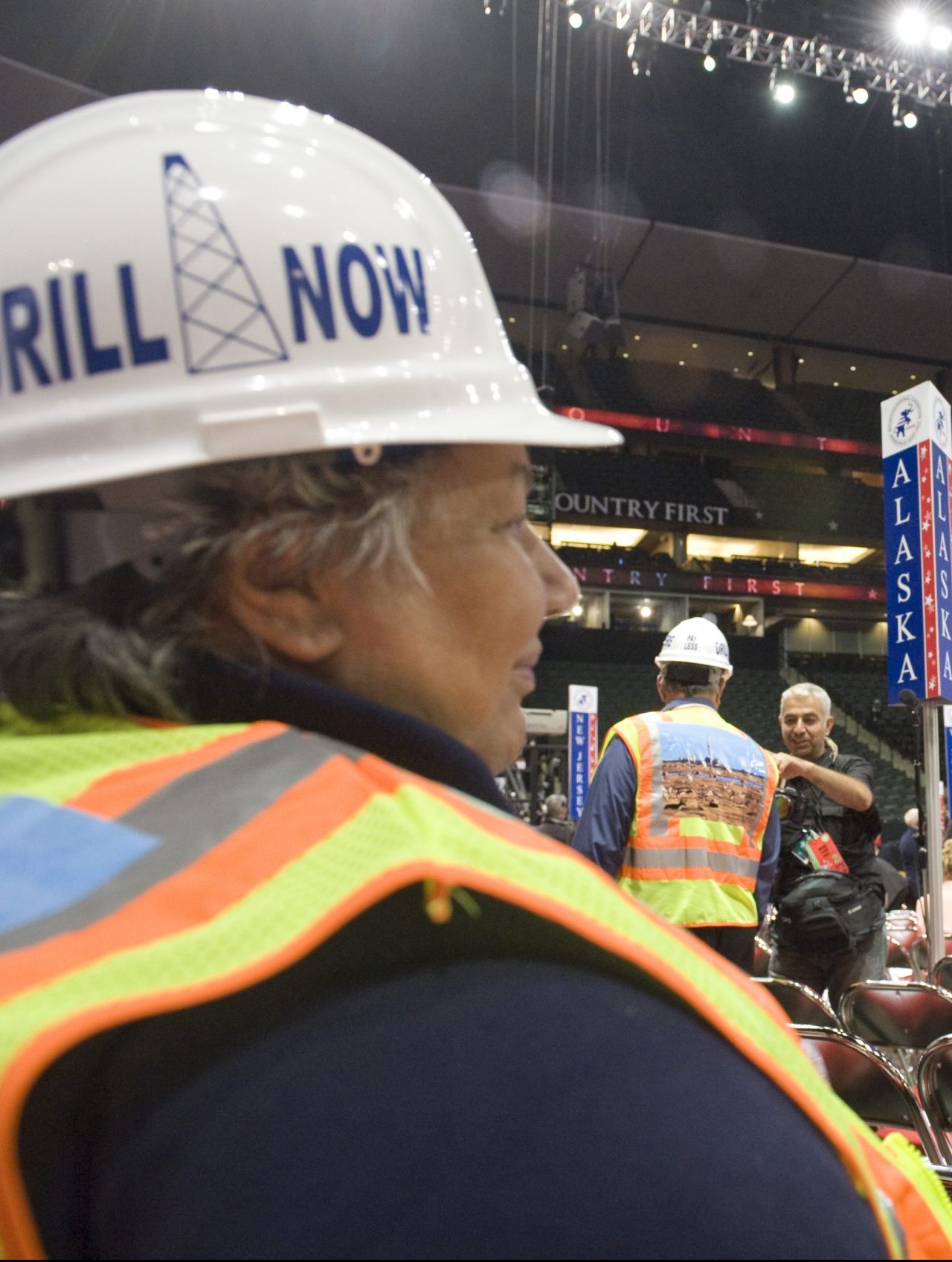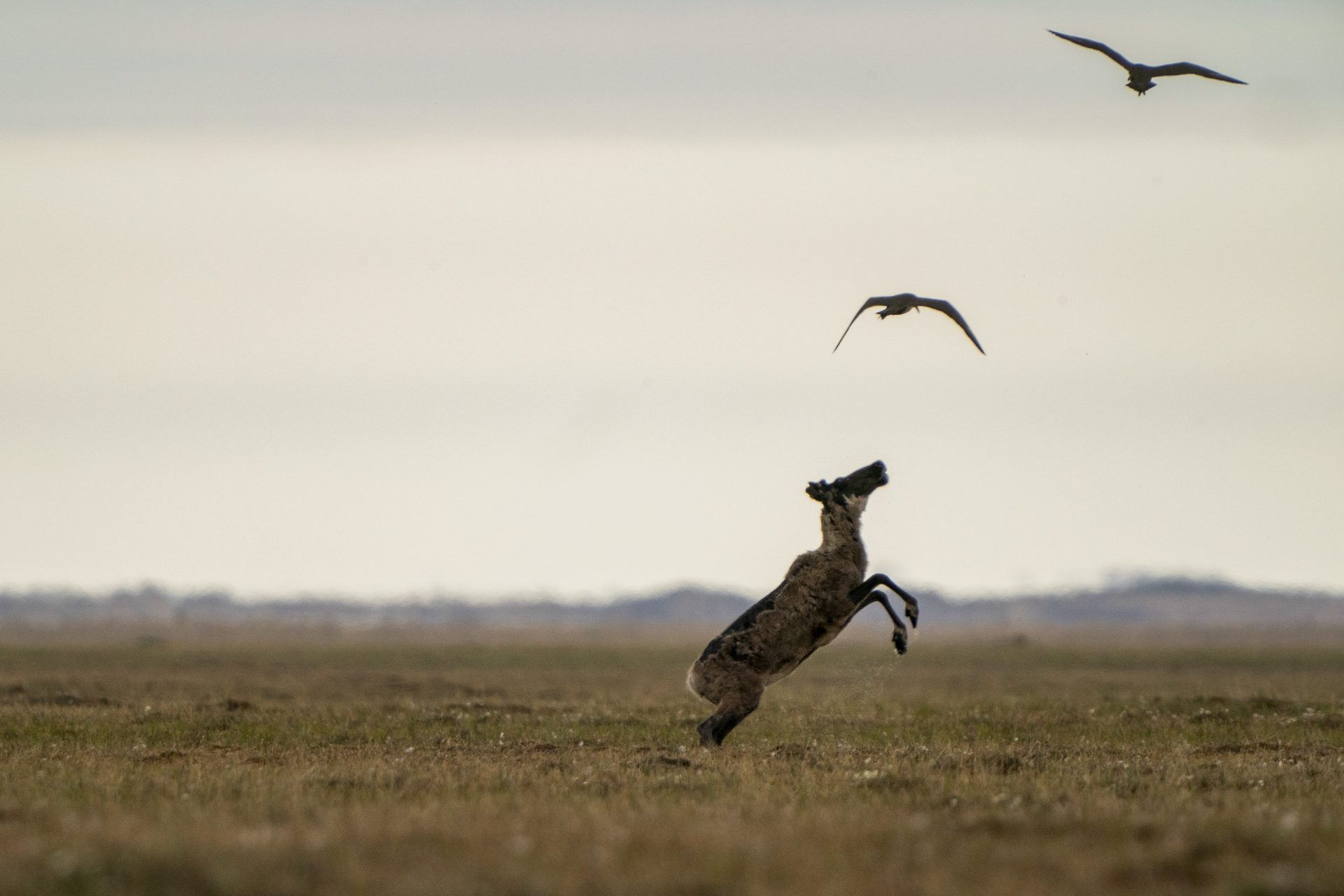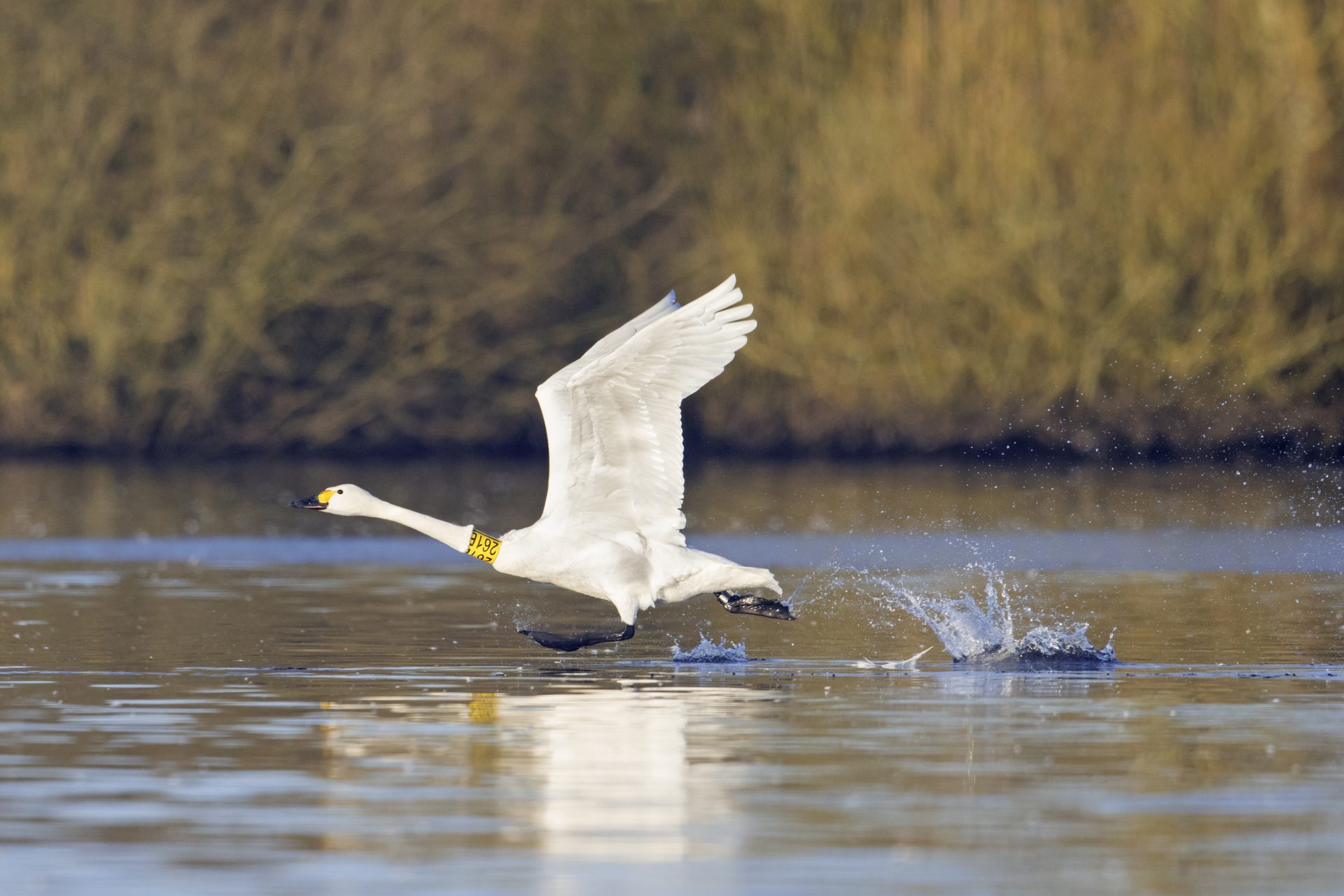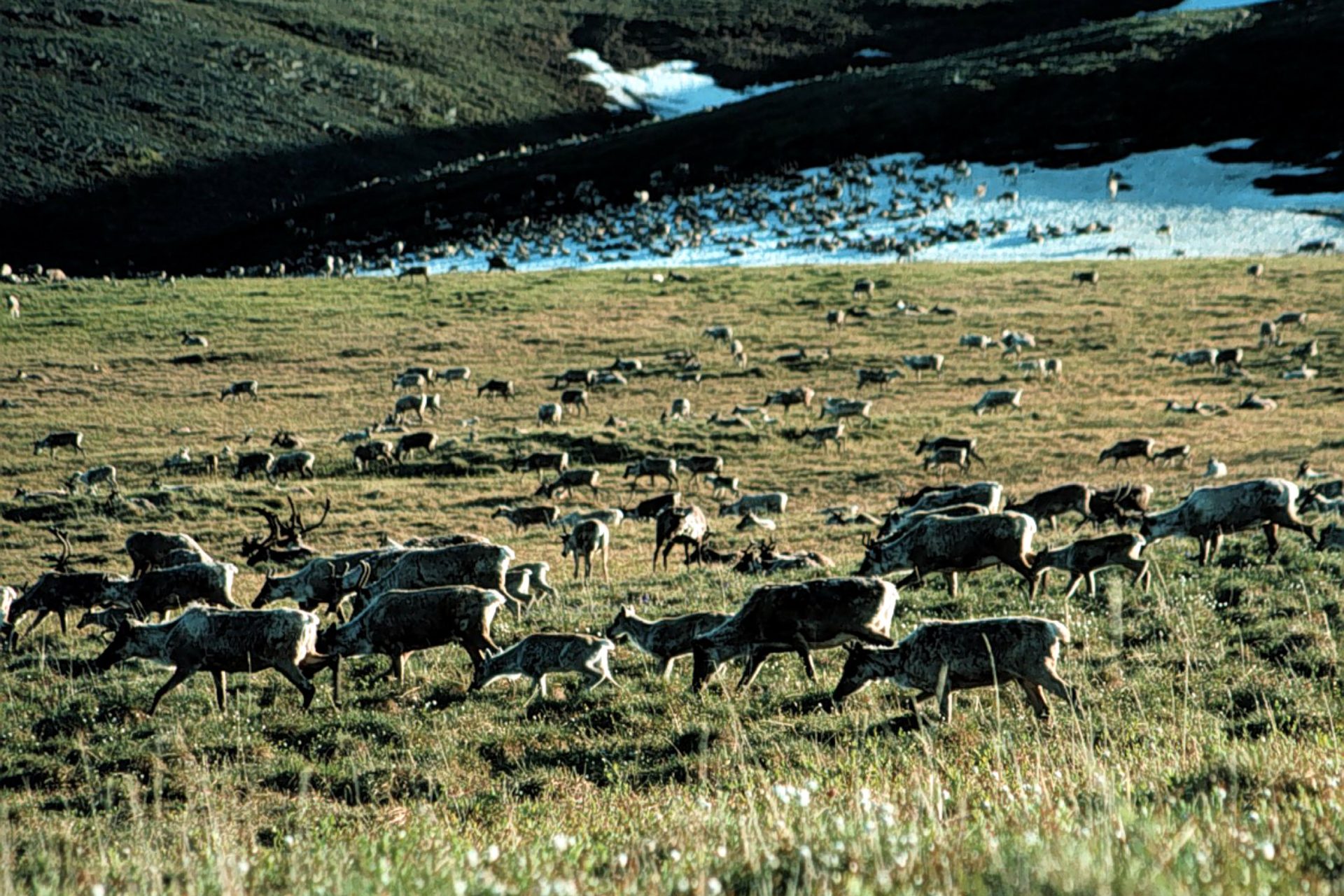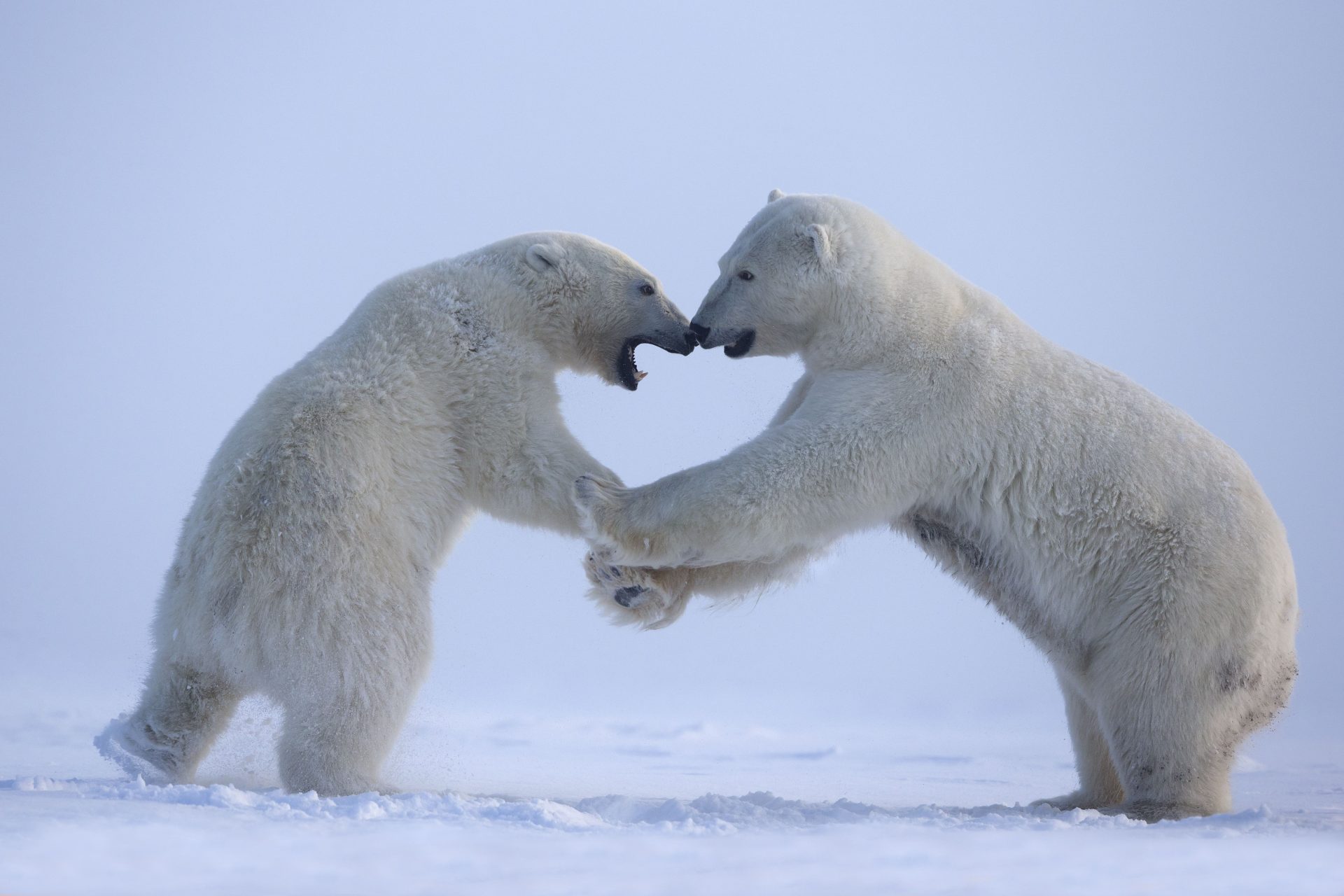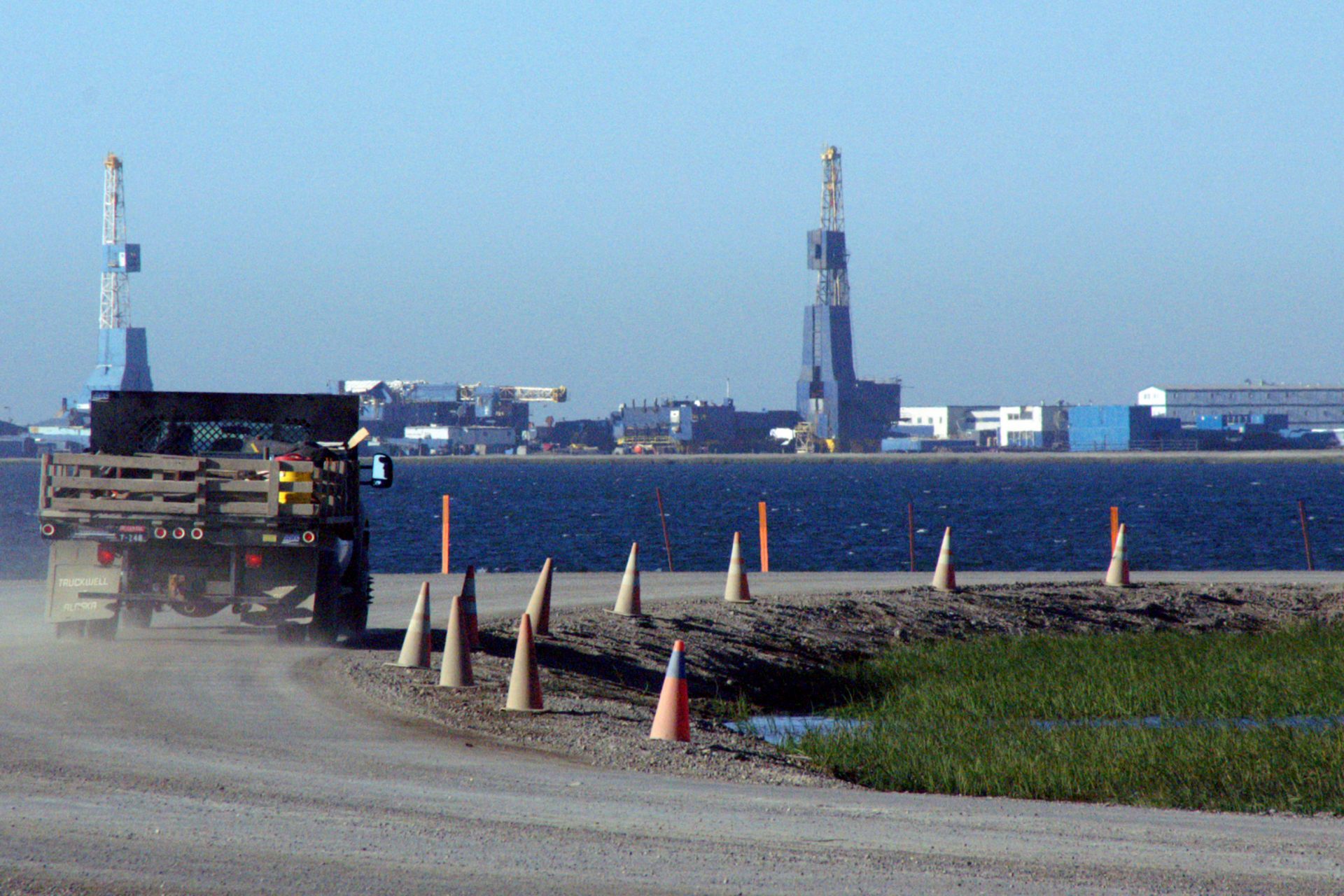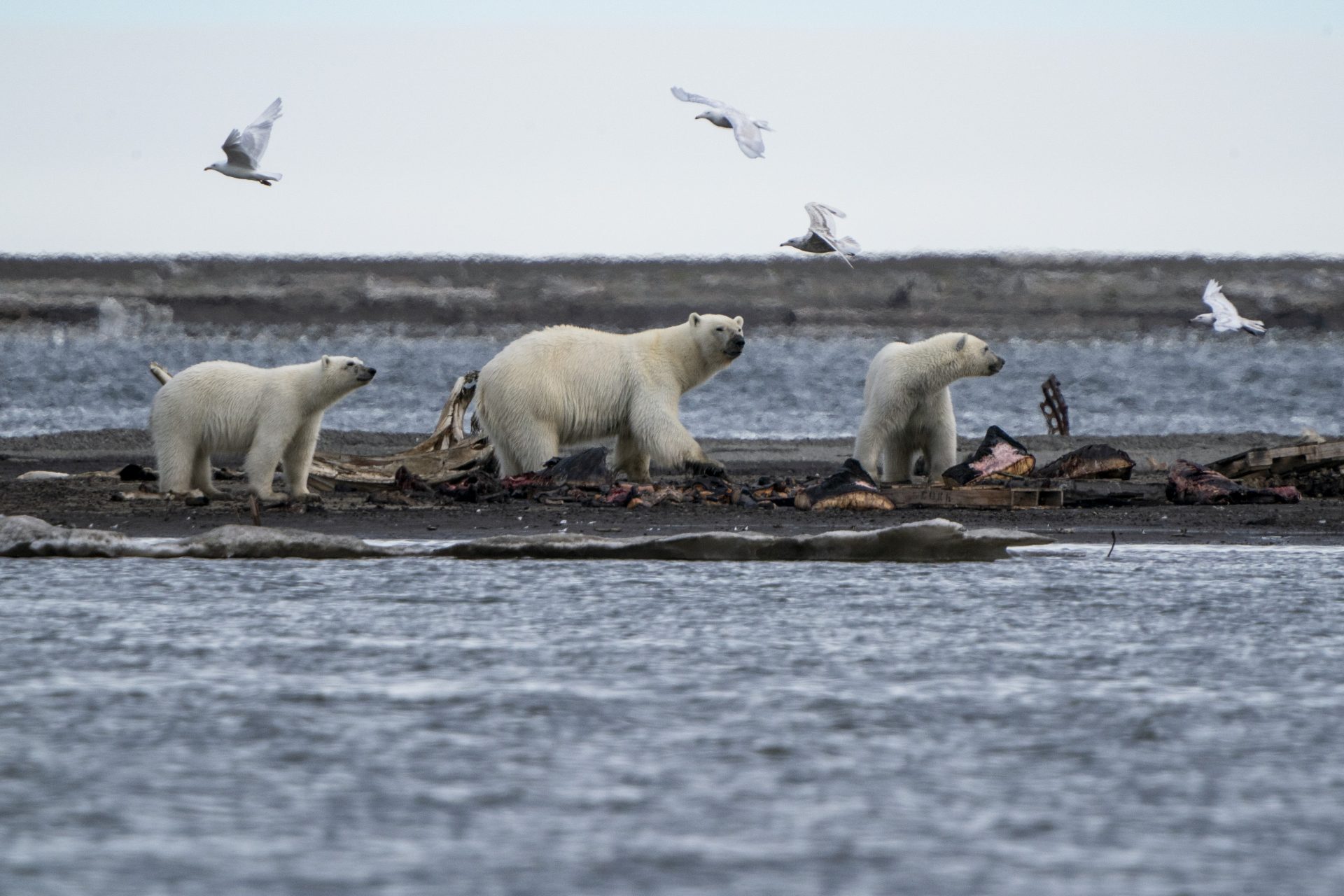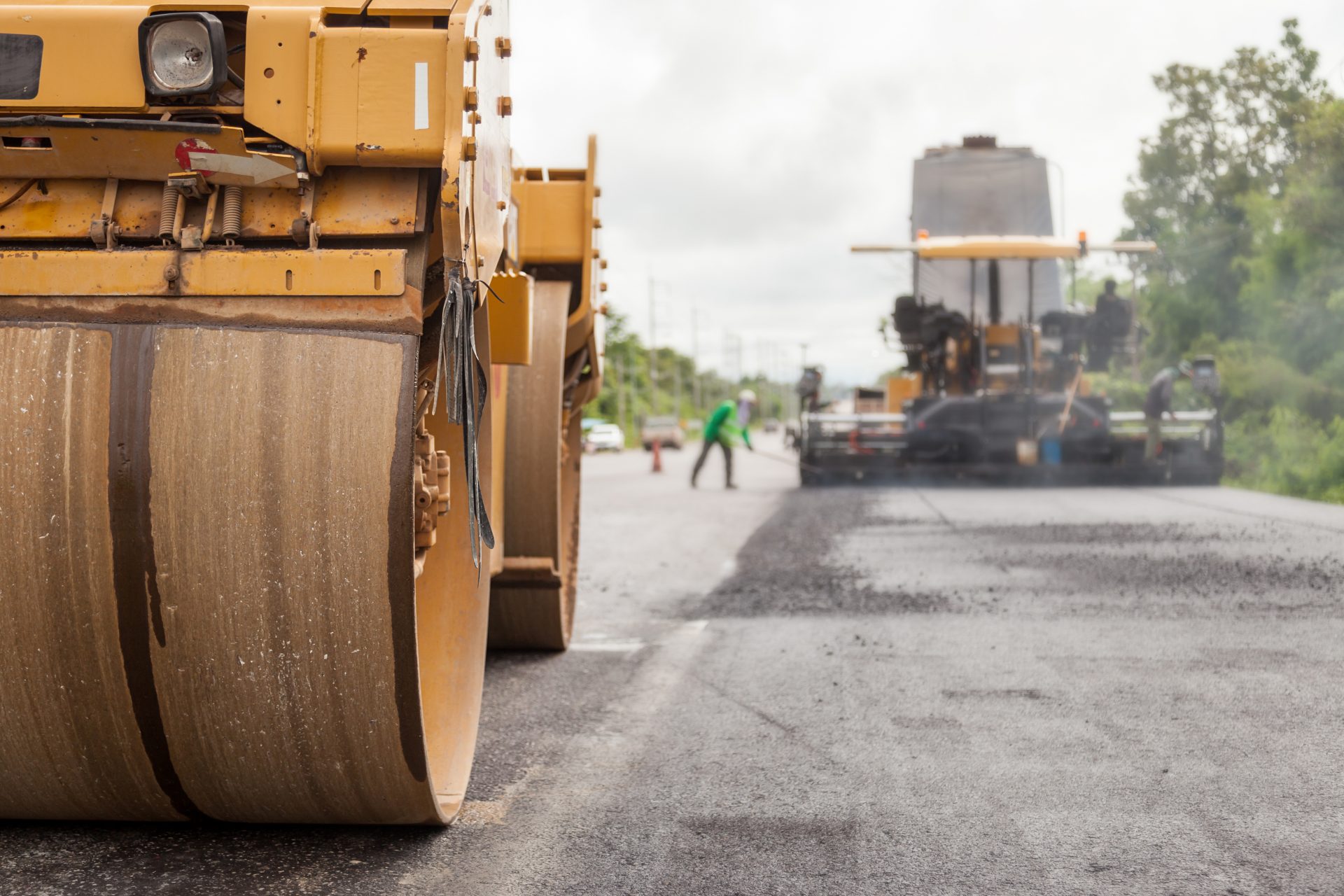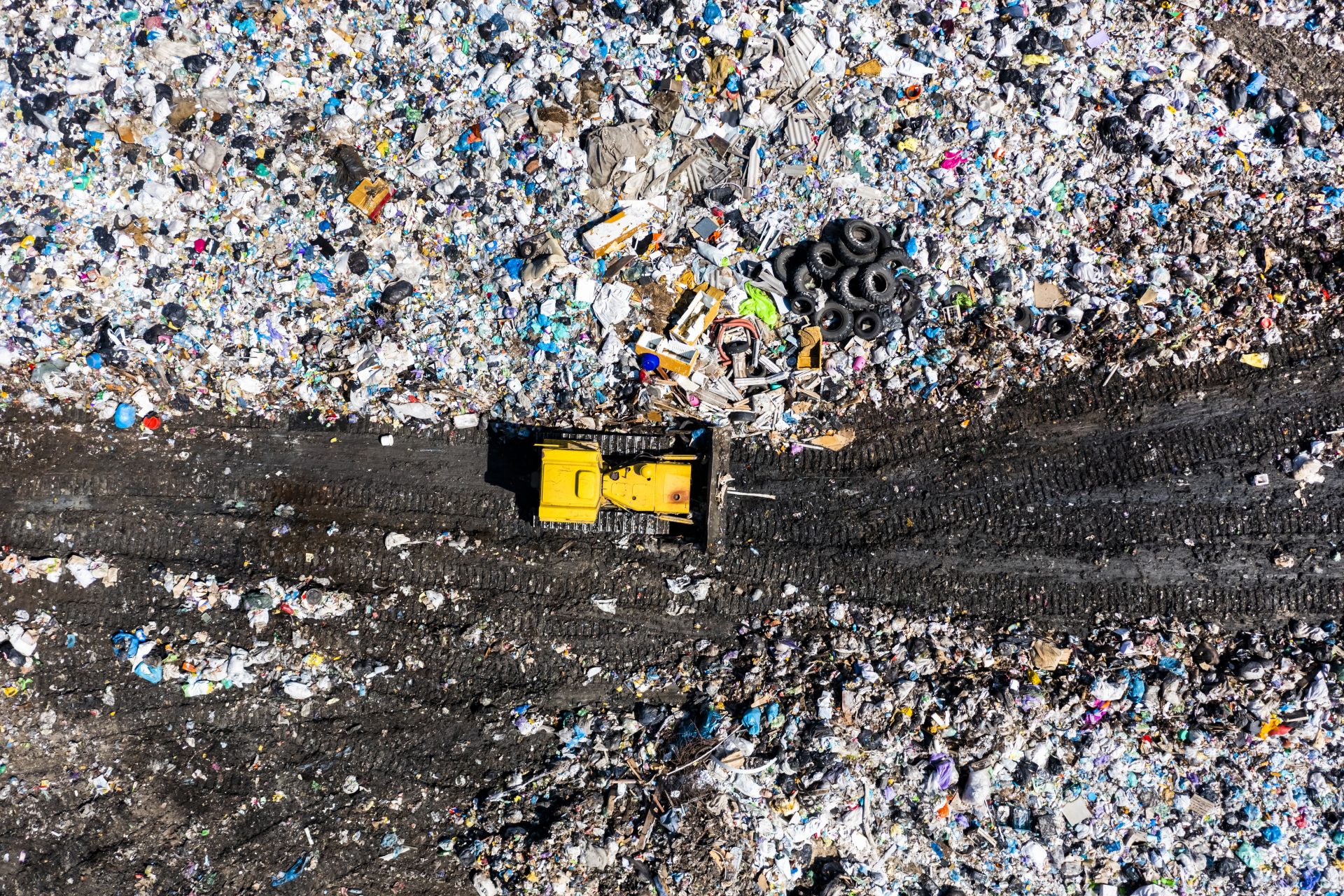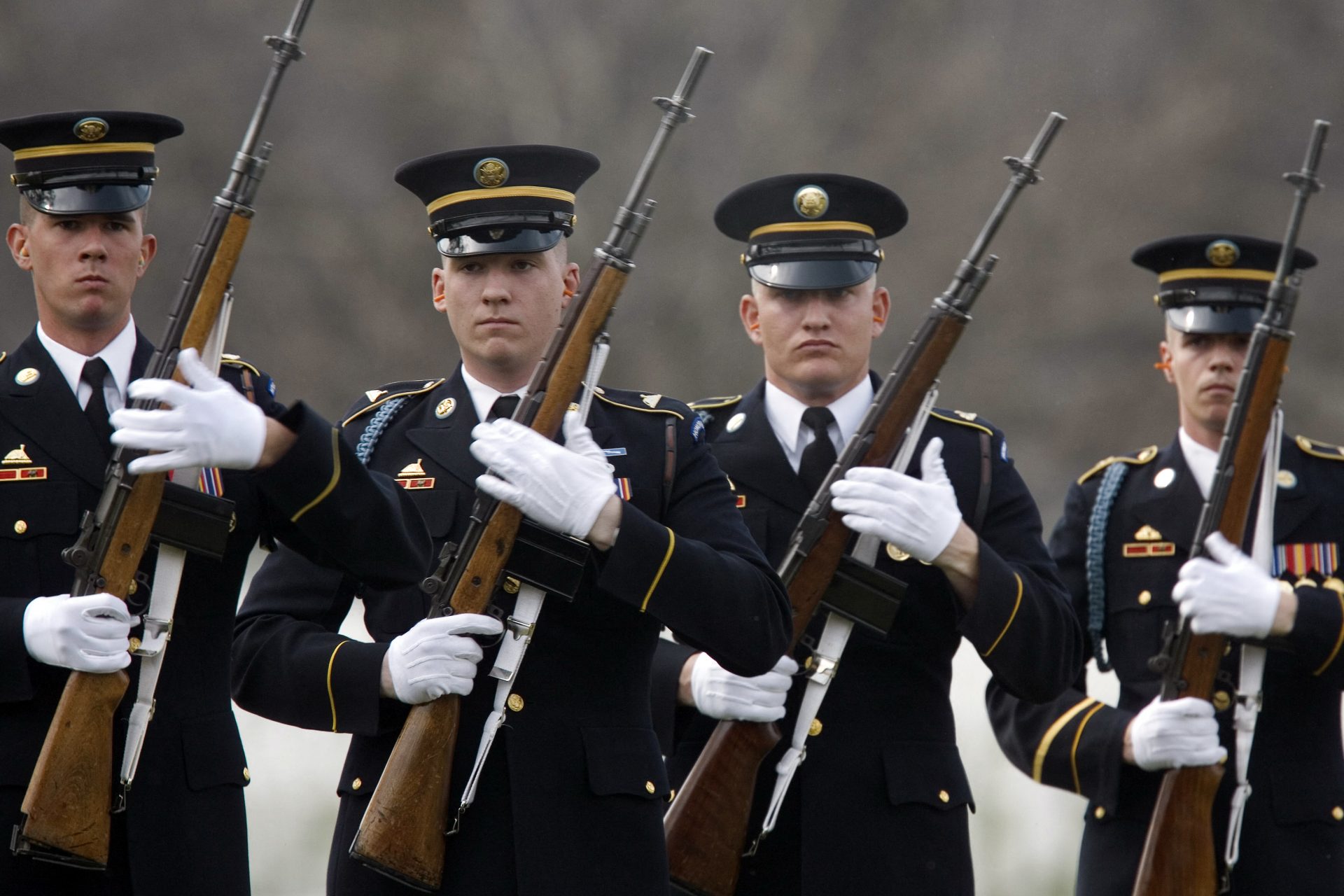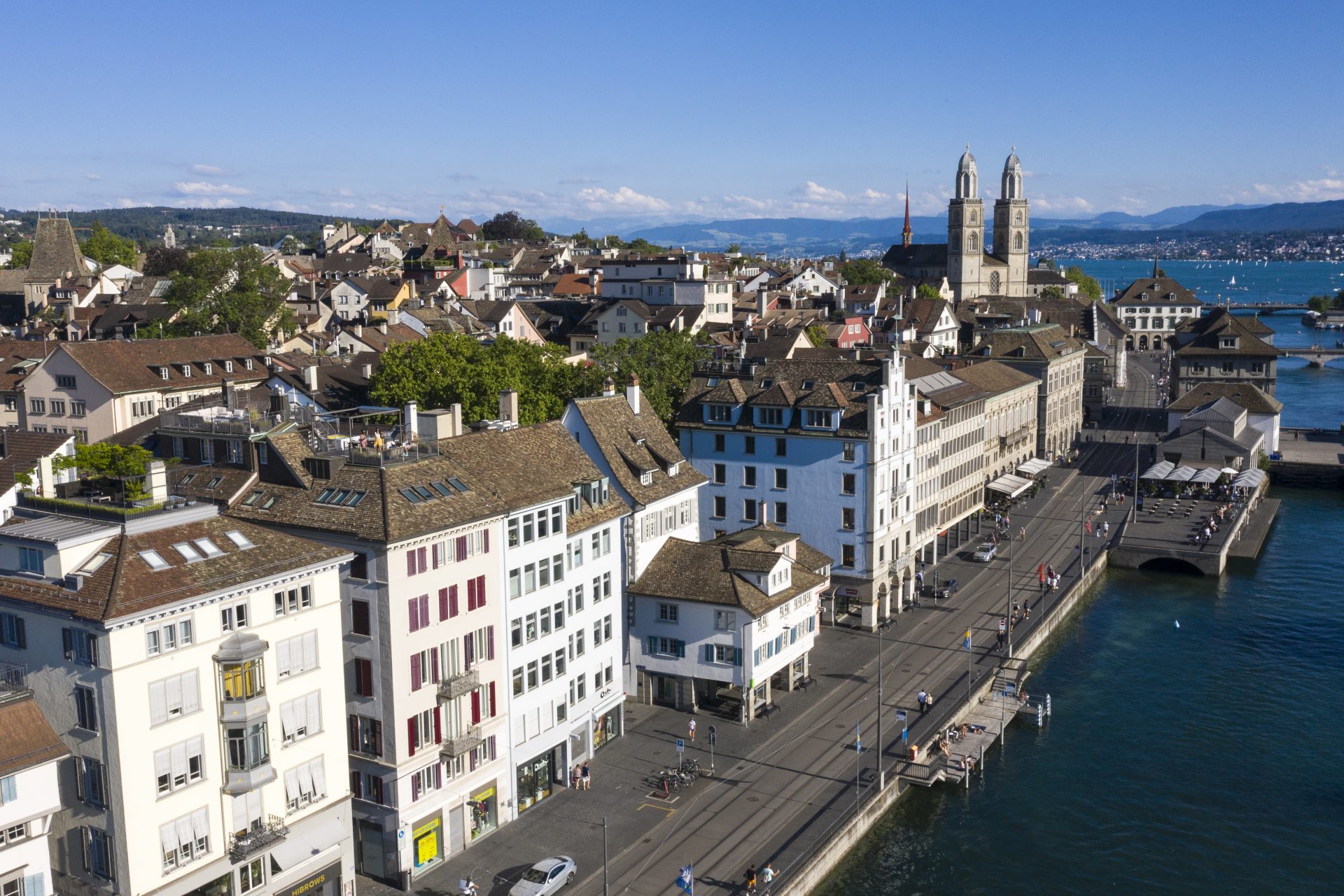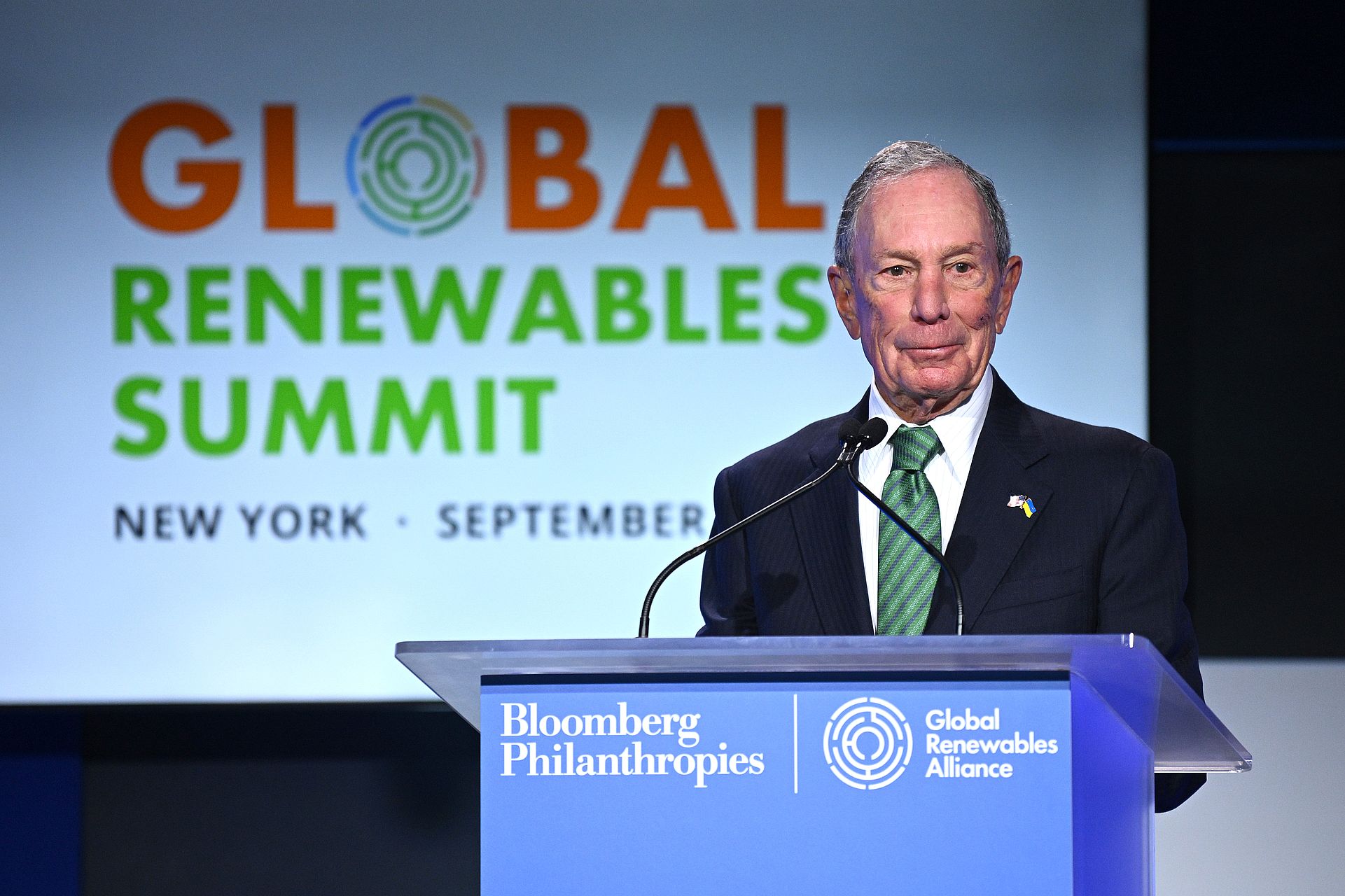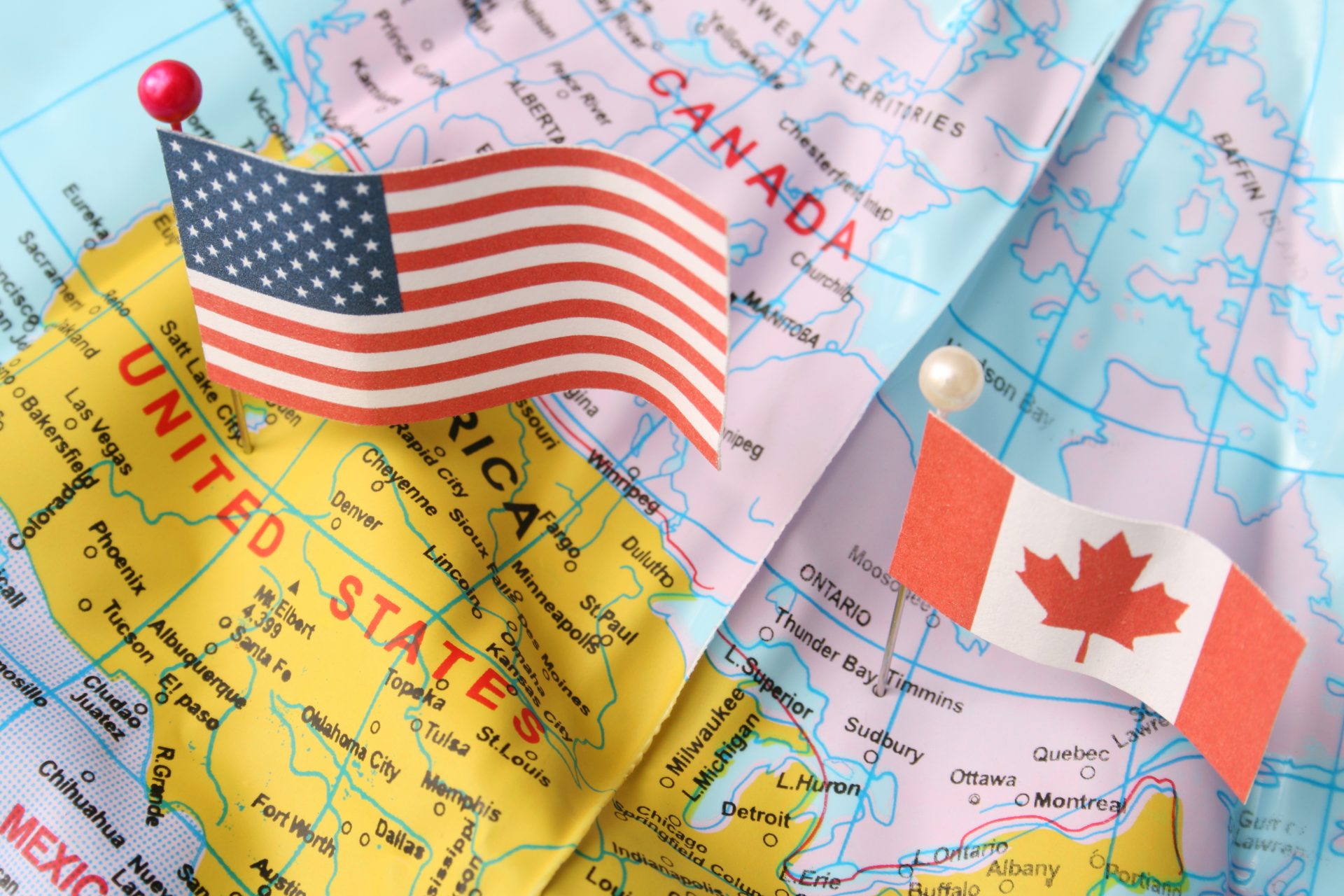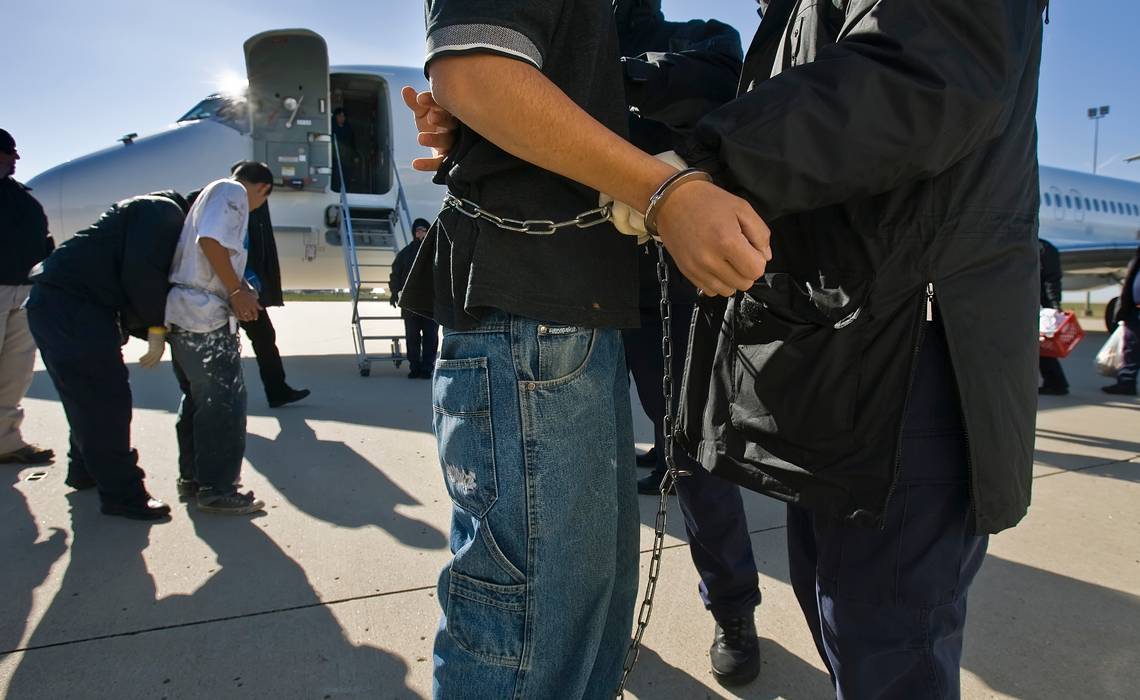Trump's 'drill, baby, drill' mantra will be applied to the wilds of America
With fossil-fuel enthusiast Donald Trump set to take up residence in the White House in January, it looks as though the world's last real wilderness will inevitably be invaded.
Alaska’s Arctic National Wildlife Refuge is considered one of the last truly wild places on Earth, but it sits on vast oil and gas reserves, putting its preservation in jeopardy.
In June this year, presidential candidate Donald Trump told Senate Republicans that he would reverse President Joe Biden’s 2021 freeze on the leases to drill here which Trump had issued during his first term in office.
According to Senator Kevin Cramer, a North Dakota Republican, Trump told the closed-door meeting, “We’ll get back to that,” Bloomberg reports.
Cramer added, “He opened it up, and Biden closed it down, and he said when we get back, we’ll get it back open.”
In May, Trump referred to the reserve as America’s “biggest oil farm” during a meeting with oil executives.
Trump is not the only one keen on drilling for oil and gas in this unspoiled landscape. Many of the 250 inhabitants of the remote village of Kaktovik – the only human settlement within the reserve – would also like to see the oil and gas industry move in.
“It’s all oil tax that pays for all the work I’ve done since I started working,” the town’s mayor, Nathan Gordon Jr – an enthusiastic Trump supporter – told The Washington Post.
A more recent addition to the community, Robert Thompson, is among the few naysayers. “They think everyone will be a millionaire,” he said, alluding to his neighbors.
Thompson said that he is aware that climate change resulting from more fossil fuel drilling is putting the animals he hunts in danger.
“Nobody’s taking it seriously,” he told The Post. “With these climate issues, why can’t other people see it?”
But these 250 Inupiat Native Americans, who account for 89% of Kaktovik’s population, are not the only inhabitants of America’s largest wildlife sanctuary.
Covering 19.6 million-acres, the tundra, mountains of the Brooks Range and barrier islands offshore in the Arctic Ocean are home to endangered polar bears, vast herds of reindeer and over 200 species of birds.
The reindeer, or caribou as they are known locally, number approximately 218,000, according to the last count in 2017 and migrate between Canada and Alaska.
But it is the survival of the polar bear, whose population has dwindled along with the sea ice from 1,600 in 2000 to the last count of 9,000 in 2010, which is causing the most concern.
Drilling will impact polar bear numbers by encroaching on their dens where they give birth on land near the southern Beaufort Sea.
The results of a US Geological Survey containing information on the impact on the polar bear were blocked by Trump before he left office in 2020, according to the Polar Journal.
More for you
Top Stories



